Nova Behavioral Health 136 Heid Avenue

Overview
Nova Behavioral Health 136 Heid Avenue is a substance abuse treatment center for people seeking treatment near Montgomery County. As part of their treatment modalities for recovery, Nova Behavioral Health 136 Heid Avenue provides individual psychotherapy, cognitive behavioral therapy, and dialectical behavior therapy during treatment. Nova Behavioral Health 136 Heid Avenue is located in Dayton, Ohio, accepting cash or self-payment for treatment.
Nova Behavioral Health 136 Heid Avenue at a Glance
Payment Options
- Cash or self-payment
- Medicaid
- Medicare
- State-financed health insurance plan other than Medicaid
- Private health insurance
Assessments
- Comprehensive mental health assessment
- Comprehensive substance use assessment
- Screening for mental disorders
- Screening for substance use
- Complete medical history/physical exam
Age Groups
- Seniors or older adults
- Young adults
- Adults
- Seniors
Ancillary Services
- Case management service
- Court-ordered outpatient treatment
- Supported housing
- Mental health services
- Social skills development
Highlights About Nova Behavioral Health 136 Heid Avenue
7.31/10
With an overall rating of 7.31/10, this facility has following balanced range of services. Alcohol Rehabilitation: 8.00/10, Drug Rehab and Detox: 8.15/10, Insurance and Payments: 6.00/10, Treatment Options: 7.09/10.-
Drug Rehab and Detox 8.15
-
Alcohol Rehabilitation 8.00
-
Treatment Options 7.09
-
Insurance and Payments 6.00
Accreditations
State mental health department:
State mental health department accreditation refers to the process of evaluating and certifying the quality and standards of a state's mental health department, ensuring that it provides high-quality services and meets specific criteria for mental health care. The accreditation process is performed by a third-party organization and helps to improve the overall care and treatment of individuals with mental health conditions.
Commission on Accreditation of Rehabilitation Facilities (CARF):

CARF accreditation is a globally recognized certification for rehabilitation and human service organizations. It signifies that an organization meets high-quality standards and is committed to providing top-level care. Achieving CARF accreditation involves a rigorous evaluation process, including on-site surveys. This accreditation enhances an organization's reputation, instills trust in clients and funders, and encourages ongoing excellence in the field.
Treatment At Nova Behavioral Health 136 Heid Avenue
Treatment Conditions
- Alcoholism
- Mental health treatment
- Substance use treatment
- Co-occurring Disorders
Care Levels
- Hospital inpatient treatment
- Short-term residential
- Long-term residential
- Residential detoxification
- Halfway house
Treatment Modalities
- Individual psychotherapy
- Cognitive behavioral therapy
- Dialectical behavior therapy
- Integrated Mental and Substance Use Disorder treatment
- Telemedicine/telehealth therapy
Ancillary Services
Languages
- Sign language services for the deaf and hard of hearing
Additional Services
- Pharmacotherapies administered during treatment
- Mentoring/peer support
- Breathalyzer or blood alcohol testing
Special Programs
- Clients with co-occurring mental and substance use disorders
- Veterans
- Active duty military
- Members of military families
- Criminal justice (other than DUI/DWI)/Forensic clients
Get Help Now
Common Questions About Nova Behavioral Health 136 Heid Avenue
Contact Information
Other Facilities in Dayton

6.65
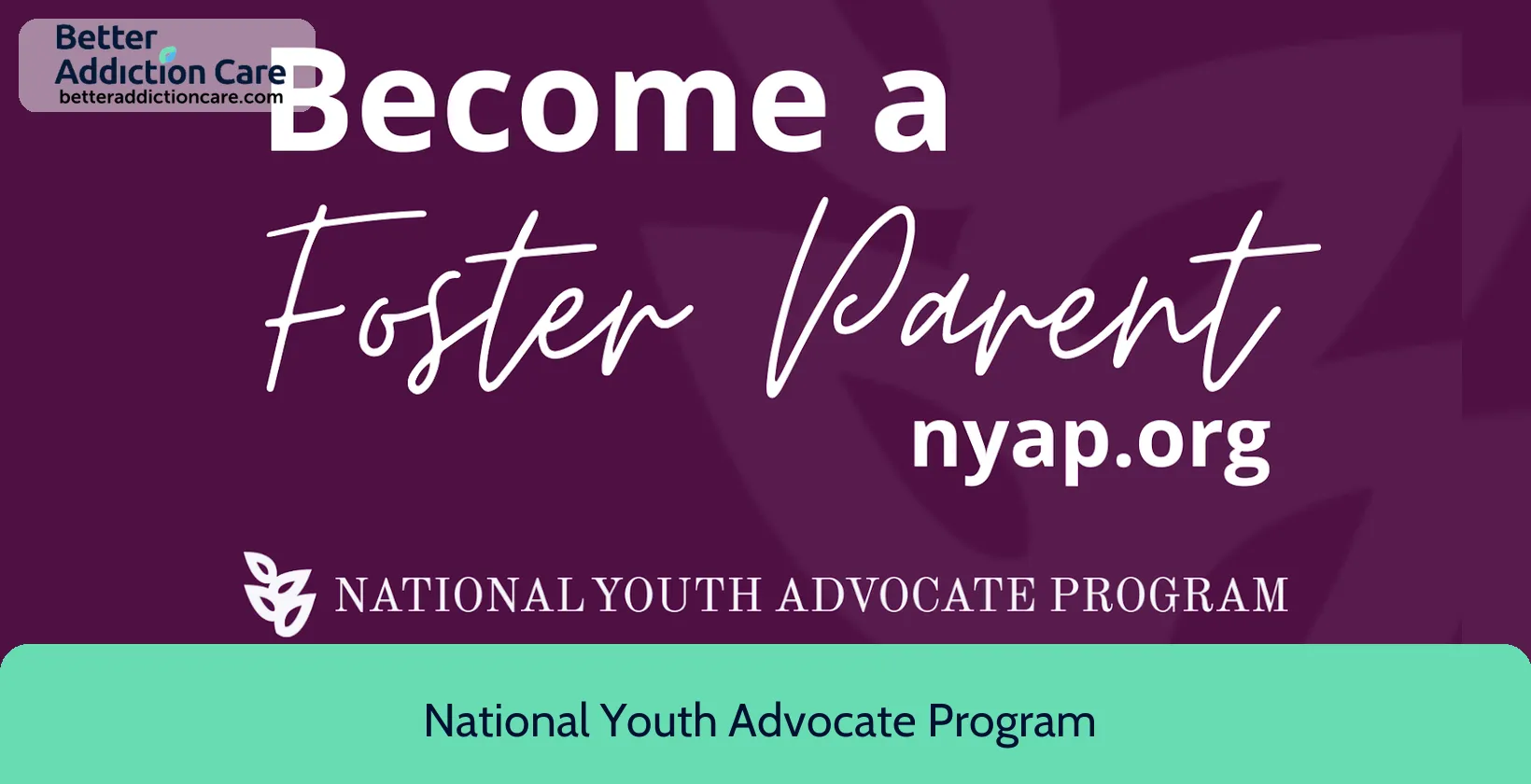
6.74
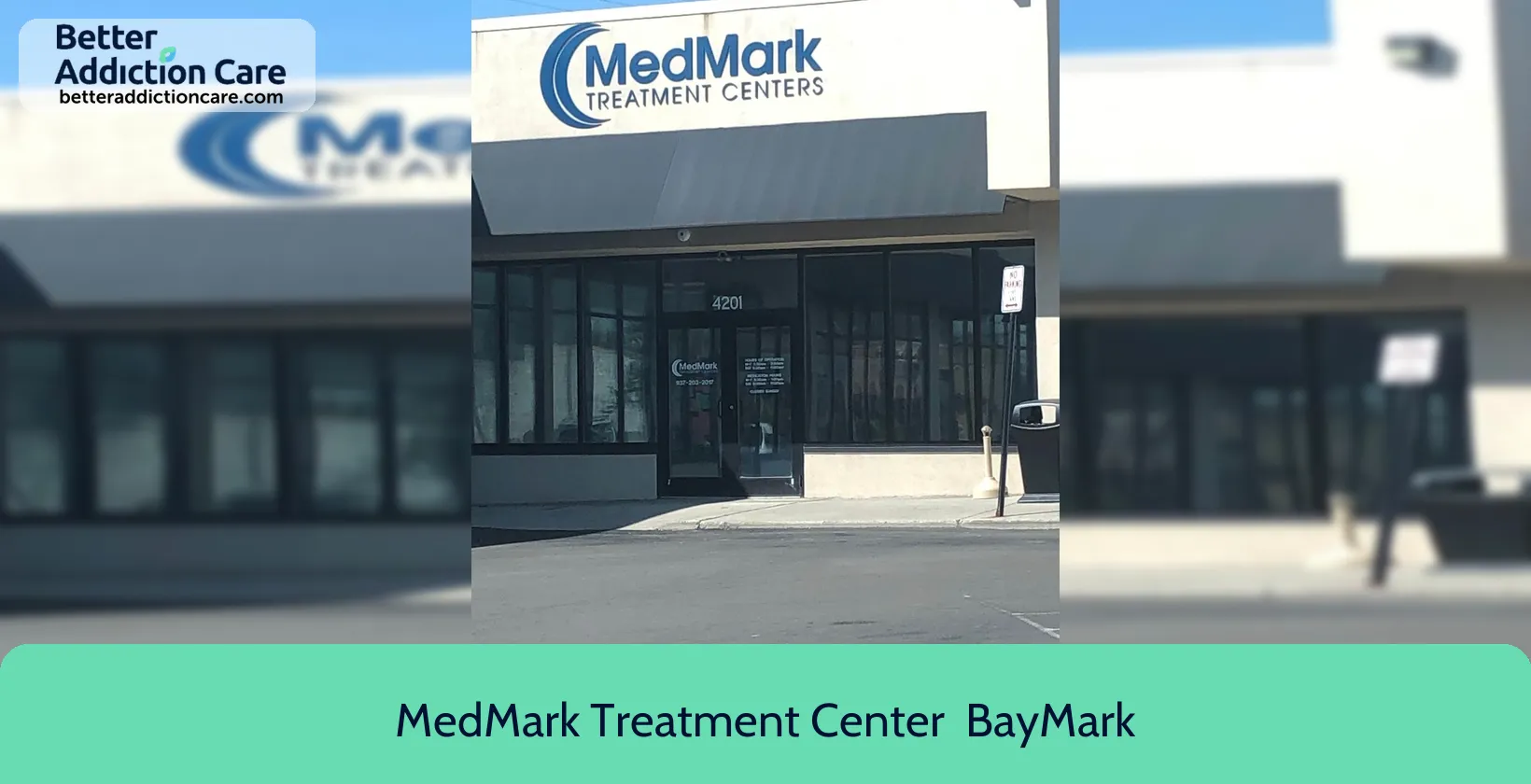
7.05
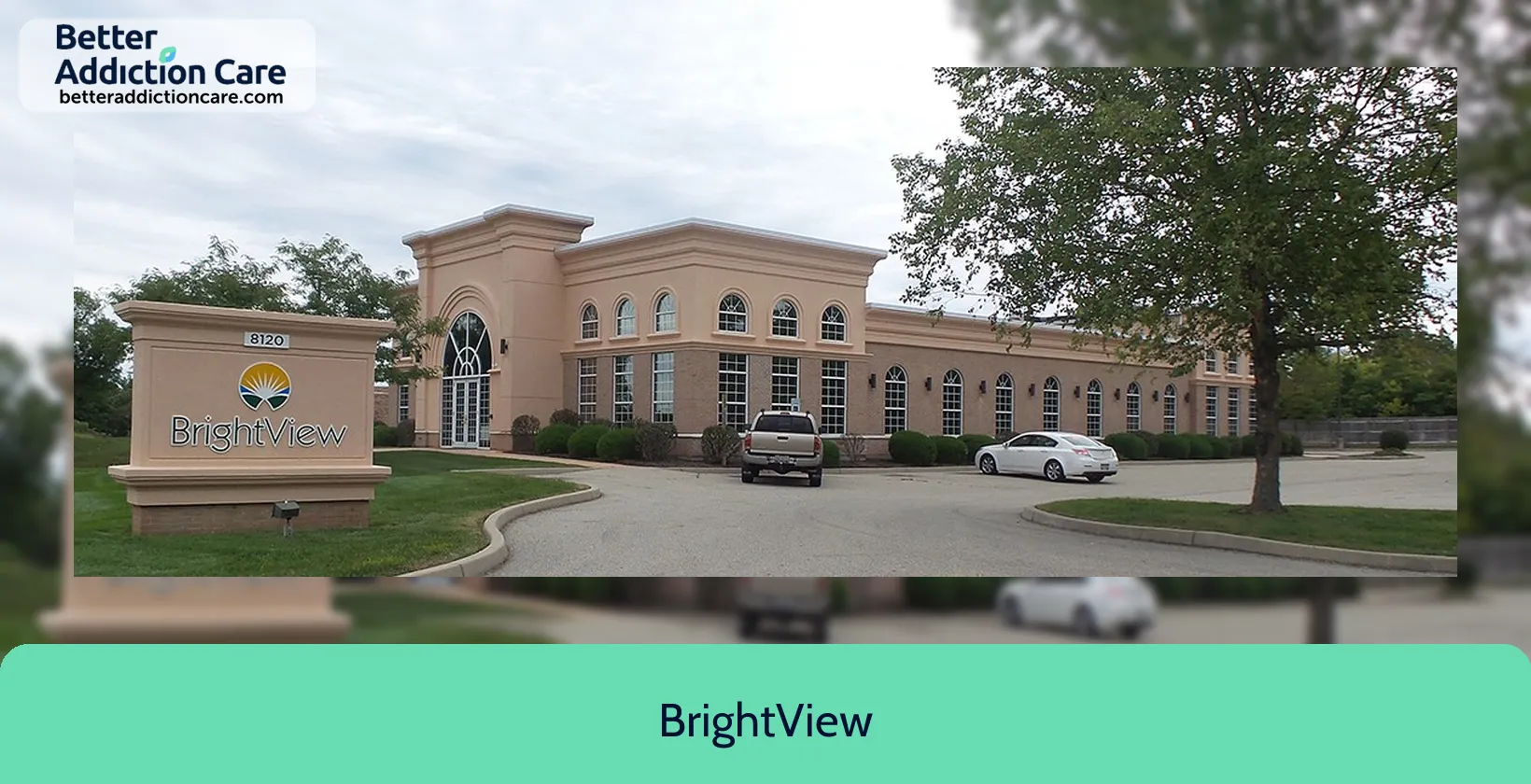
7.53
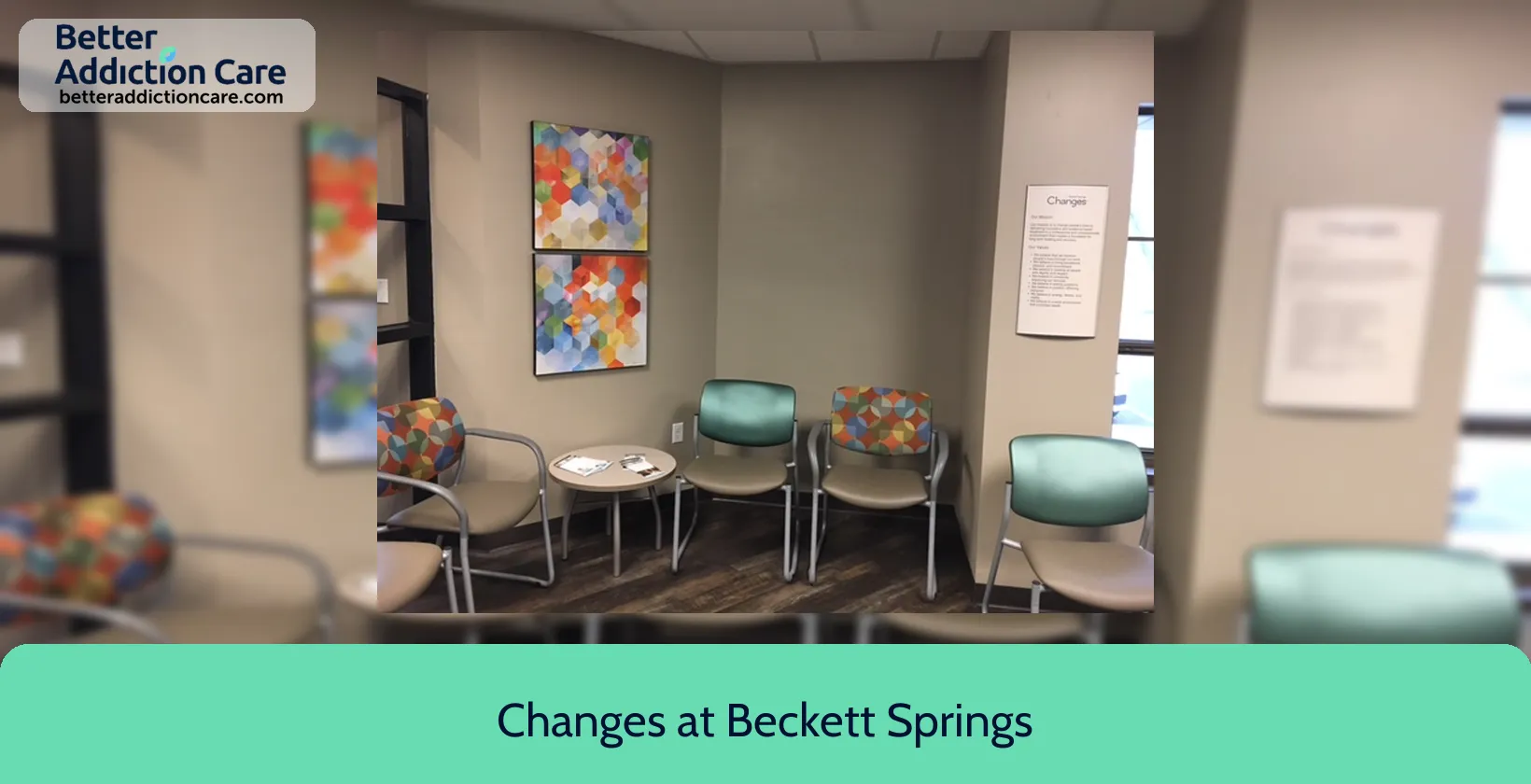
6.71
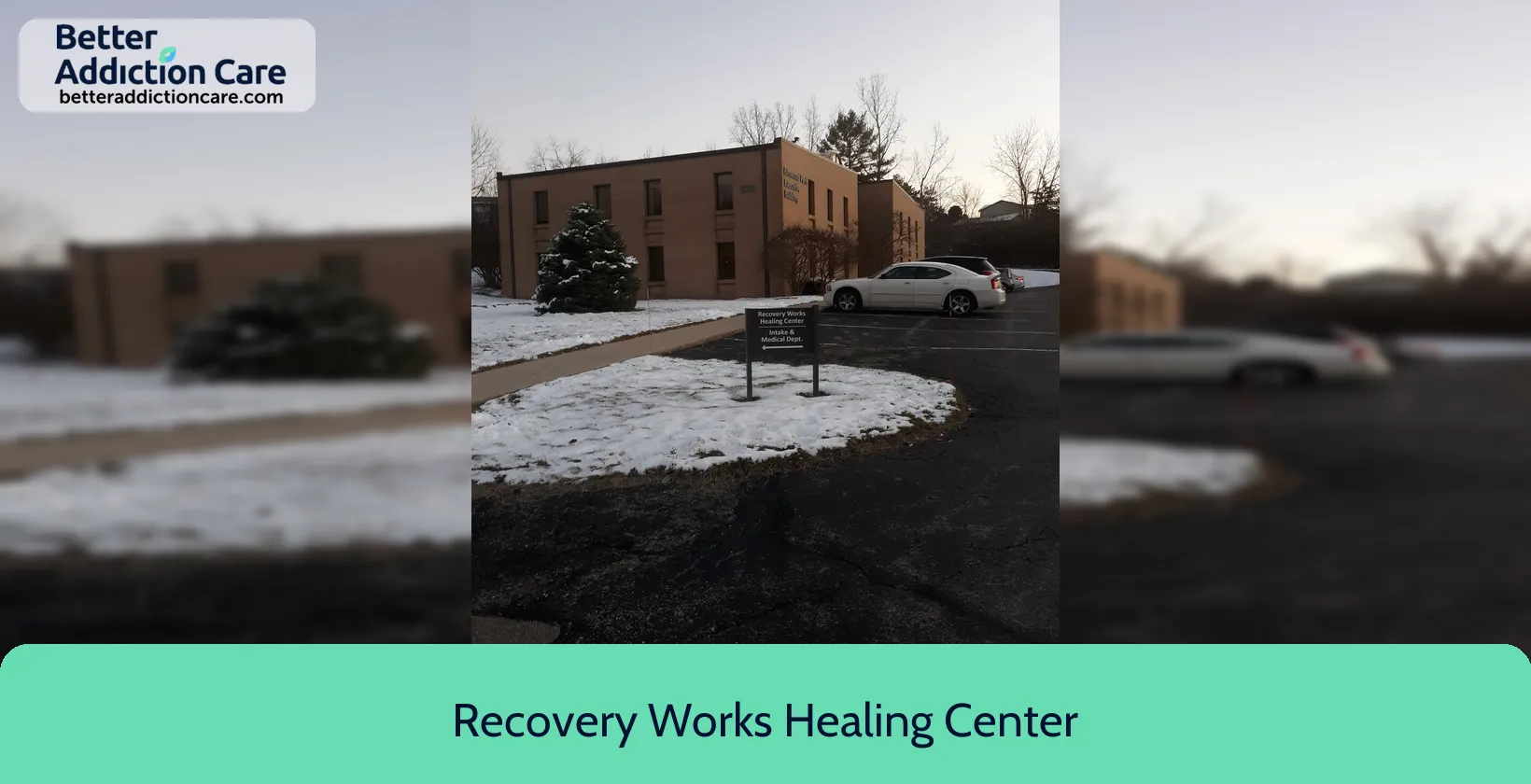
6.68
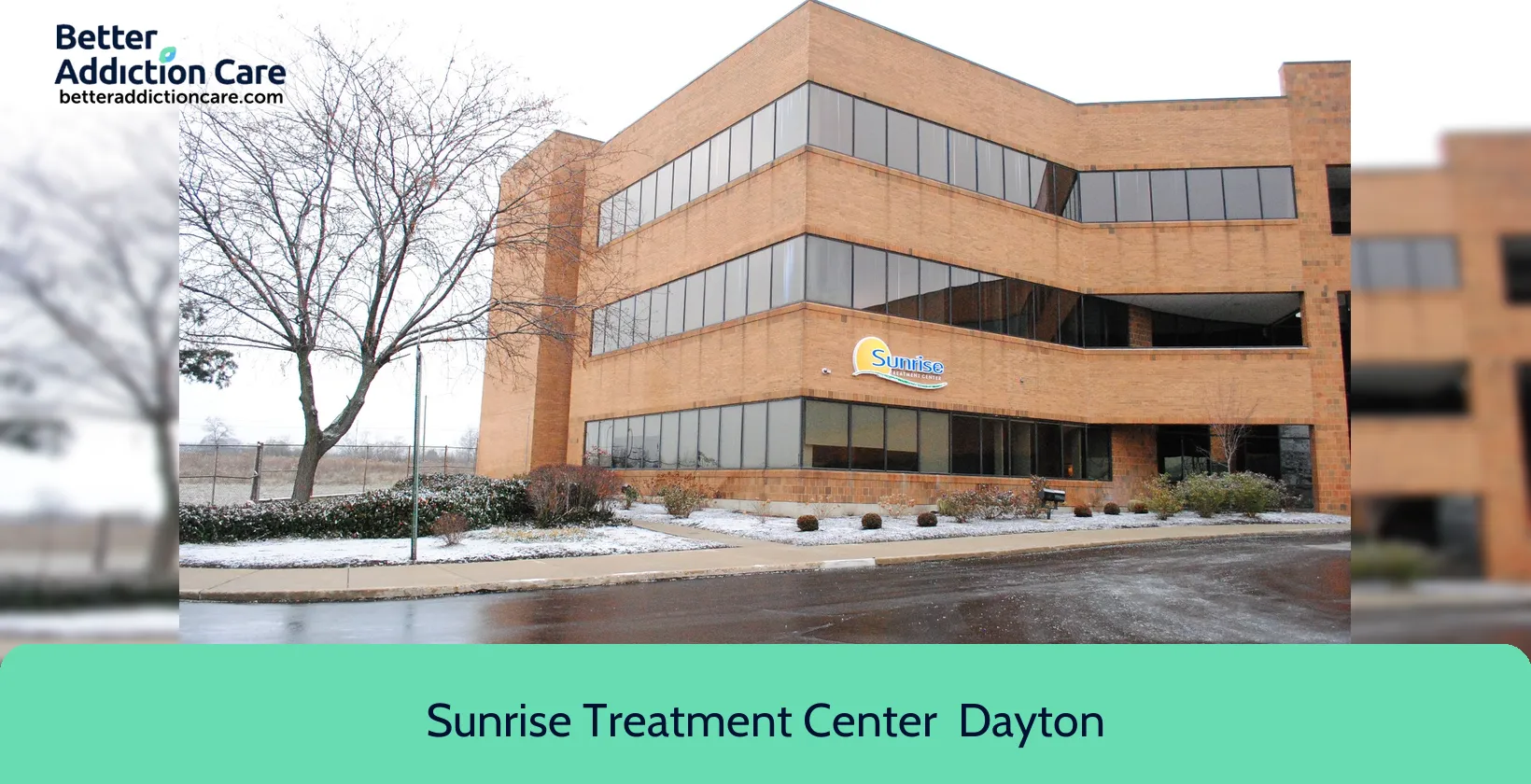
7.54
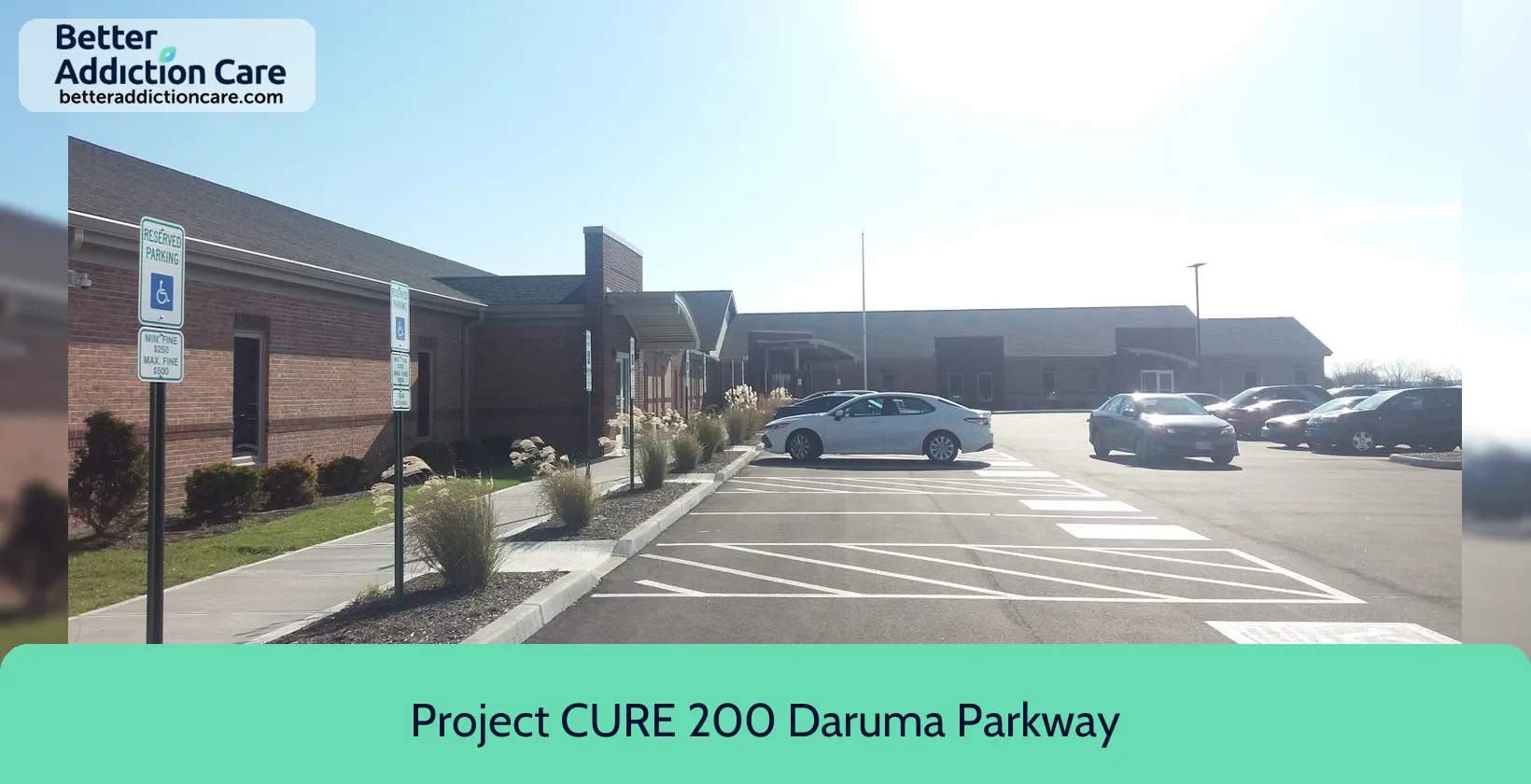
6.93
DISCLAIMER: The facility name, logo and brand are the property and registered trademarks of Project CURE 200 Daruma Parkway, and are being used for identification and informational purposes only. Use of these names, logos and brands shall not imply endorsement. BetterAddictionCare.com is not affiliated with or sponsored by Project CURE 200 Daruma Parkway.
